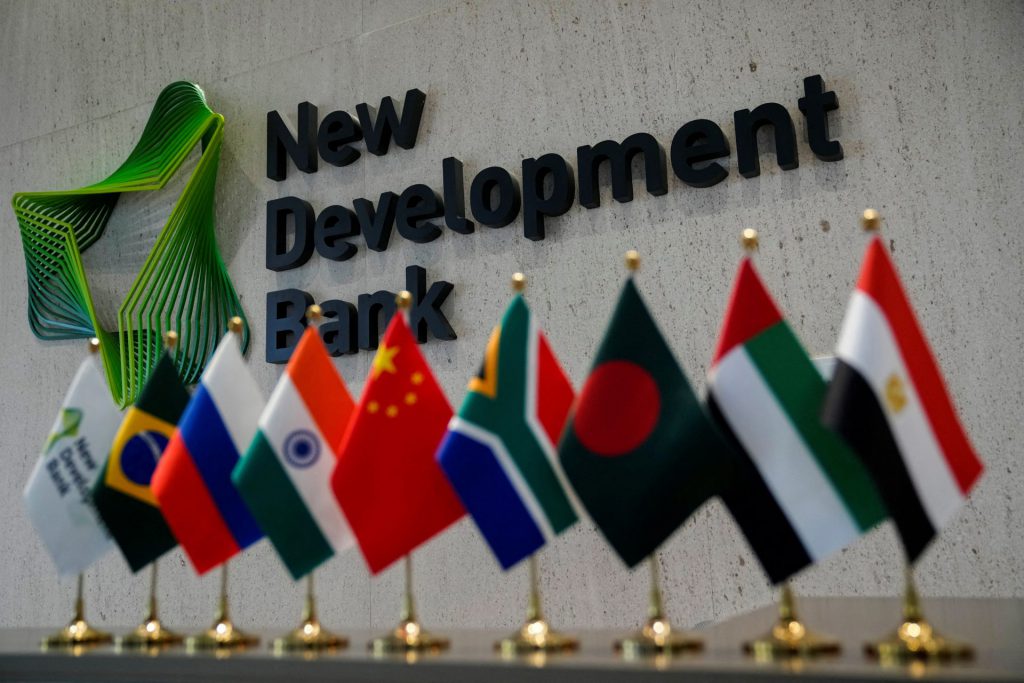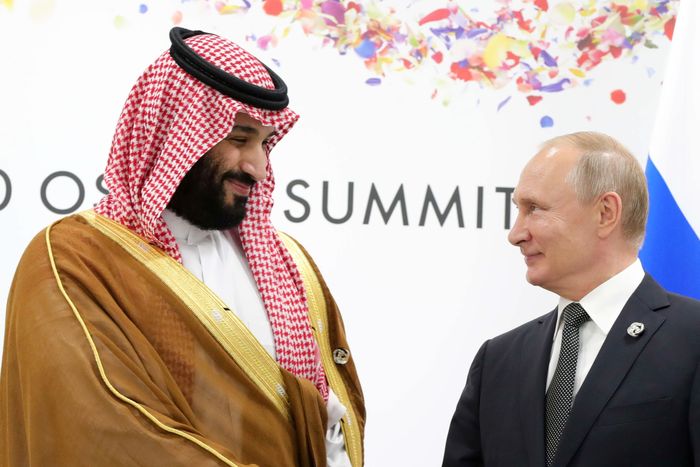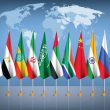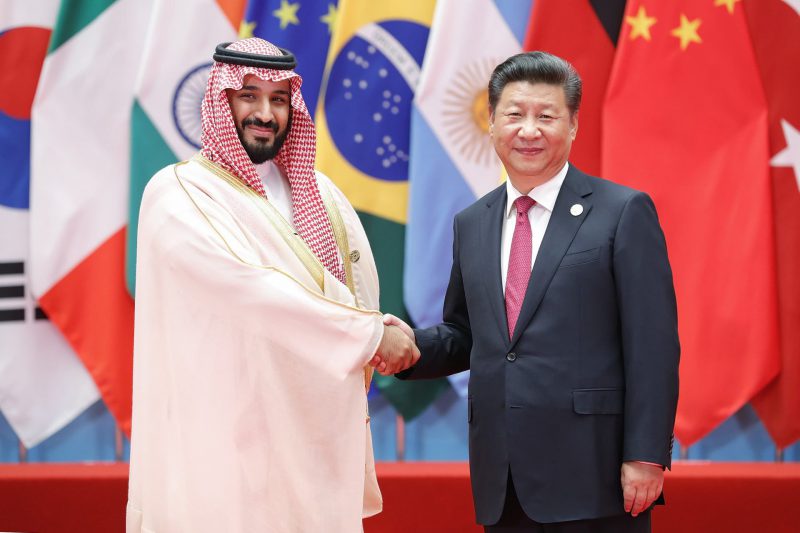The upcoming BRICS Summit is set to establish criteria for expansion into the bloc. Indeed, the two-day event will see the alliance’s heads of state discuss how best to approach its inevitable growth. With a host of different framework options, the BRICS7 may be the quickest route to a multipolar world.
The BRICS economic alliance currently consists of Brazil, Russia, India, China, and South Africa. Alternatively, BRICS7 is simply the addition of two other countries, establishing a total of seven members. Alternatively, two very specific countries could enact the geopolitical shift that the bloc has been striving for.


Also Read: India Refutes Claims That It Opposes BRICS Expansion
BRICS Expansion Could Introduce the BRICS7
The year has undoubtedly seen tremendous growth in the BRICS economic alliance. Supported by its de-dollarization efforts, the global south has embraced the bloc’s potential to challenge Western hegemony. Moreover, a plethora of countries have sought entry into the bloc bound for expansion.
Yet, the question of how best to go about that expansion remains a necessary obstacle. Currently, the criteria for incoming members are being established, but many are concerned that the bloc will grow too large. The idea of a different bloc, called BRICS+ has been thrown around, but that feels disconnected from the message of unity that the alliance has championed for so long.


Also Read: Saudi Arabia Likely to Join BRICS Bank at August Summit
Instead, the introduction of the BRICS7 could be the quickest route to a multipolar world. The BRICS7 would allow the bloc to introduce two additional members to grow its GDP and economic influence. Subsequently, those two factors could completely shift the geopolitical power balance.
Specifically, if that expansion would include countries like Saudi Arabia or Indonesia. Both nations maintain a GDP above $1 trillion, which would provide clear economic benefits. Amid Russia’s economic challenges, it could be incredibly useful to provide that kind of support.
The BRICS7 allows BRISC to expand but also limits the presence of too many countries. Indeed, a bloc with so many dissenting opinions and voices feels like a recipe for disaster. Selectivity could allow the seven BRICS nations to thrive. Thus, aiding the overall global south and bringing forth its hopes for global multipolarity.





